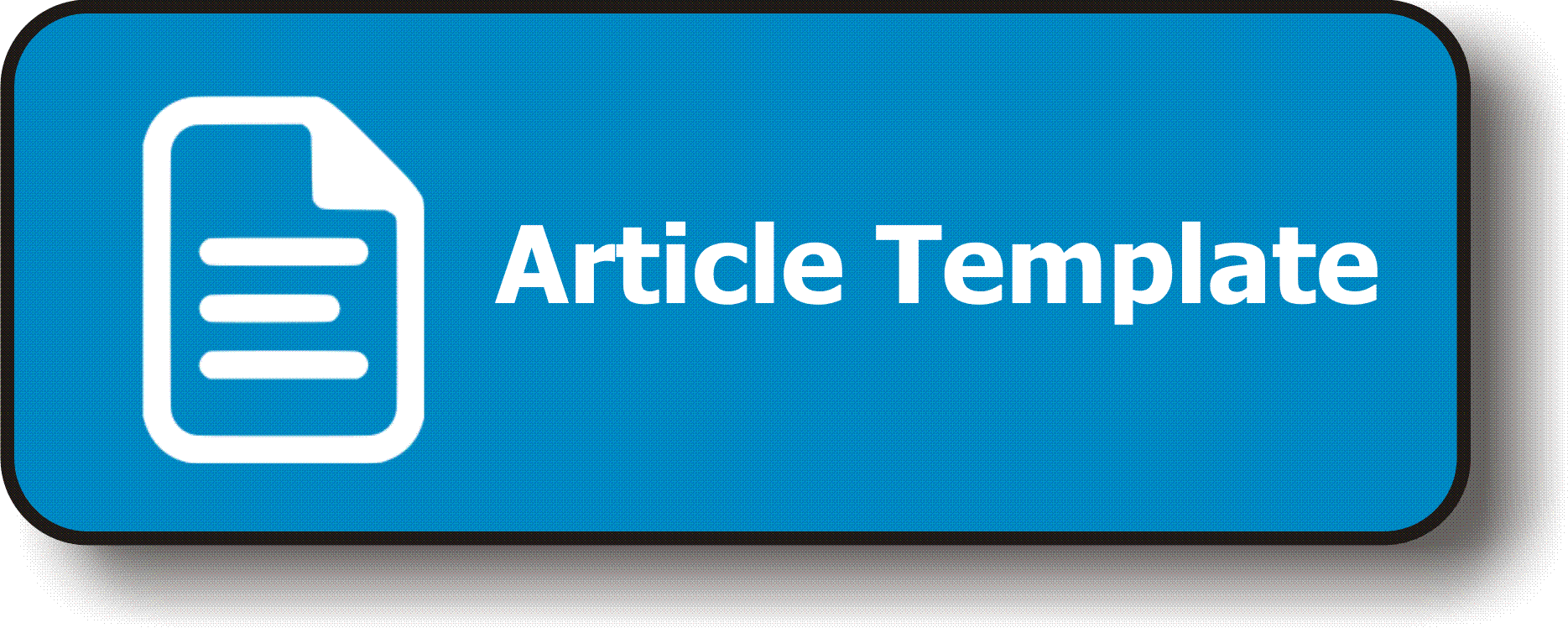Enhancing Information Literacy in Public Universities Through Policy Frameworks
Abstract
Information literacy is evolving as a basic human right in the digital world, which promotes the social inclusion of all nations. The study sought to explore the role policies play in the delivery of information literacy in public university libraries. Using a semi-structured interview, the study sought to elicit the views of librarians in Ghana’s top-most universities on their knowledge about instructional services and availability of policy frameworks that guide the delivery of information literacy in academic libraries. It was revealed that different models of information literacy exist in academic libraries but librarians lacked a definite policy framework to prosecute the information literacy agenda. The study fills the gap in available literature on the role policy plays in information literacy, especially in developing countries. Universities and other higher educational institutions will find the results of this study useful in considering policies to guide the delivery of information literacy in their libraries.
Keywords
Full Text:
PDFReferences
Abu-Fadil, M. (2018). Combatting disinformation and misinformation through Media and Information Literacy (MIL). Journalism,“fake news” and disinformation: A handbook for journalism education and training, 70-80.
Alakpodia, O. N. (2010). Assessment of information literacy skills among librarians in Delta State University, Abraka. The Information Technologist, 7 (1), 55–63. DOI: 10.4314/ict.v7i1.60430
Baro, E. E., Seimode, F. D., & Godfrey, V. Z. (2013). Information literacy programmes in university libraries: A case study. Libri, 63(4), 282-294. https://doi.org/10.1515/libri-2013-0023
Capsopoulos, K. Zapounidou, M., Balatzaras A. and Patrinos, Y. (2014). Explored into Scientific information management policies and information literacy schemes in Greek higher education institutions and libraries, Information Services & Use, 34 (2014), 345–352. http://eprints.rclis.org/32110/
Dewi, A. O. P. (2018). Pencarian katalog dalam online public access catalog menggunakan boolean logic. Anuva: Jurnal Kajian Budaya, Perpustakaan, dan Informasi, 2(3), 291-298. DOI: 10.14710/anuva.2.3.291-298
Fauziah, G., & Lestari, A. W. (2018). Pembudayaan gerakan literasi Informasi siswa tingkat sekolah dasar di Tanggerang Selatan. Edulib, 8(2), 167-179. https://doi.org/10.17509/edulib.v8i2.13490
Grizzle, A., & Singh, J. (2016). Five laws of media and information literacy as harbingers of human rights. In Media and information literacy: Reinforcing human rights, countering radicalization and extremism. Paris: UNESCO.
Kovalik, C., Jensen, M. L., Schloman, B., & Tipton, M. (2010). Information literacy, collaboration, and teacher education. Communications in Information Literacy, 4(2), 4. DOI: 10.15760/comminfolit.2011.4.2.94
Lumande, E., Fidzani, B. T., & Oluka, S. (2014). Building Partnerships for Information Literacy among HE Institutions in African Universities: Opportunities and Challenges—A Case Study. In Developing People’s Information Capabilities: Fostering Information Literacy in Educational, Workplace and Community Contexts (Vol. 8, pp. 127-147). Emerald Group Publishing Limited. https://doi.org/10.1108/S1876-0562(2013)0000008013
Mackey, T. P., & Jacobson, T. E. (2011). Reframing information literacy as a metaliteracy. College & research libraries, 72(1), 62-78. DOI: https://doi.org/10.5860/crl-76r1
Martzoukou, K., Fulton, C., Kostagiolas, P., & Lavranos, C. (2020). A study of higher education students' self-perceived digital competences for learning and everyday life online participation. Journal of documentation, 76(6), 1413-1458. https://doi.org/10.1108/JD-03-2020-0041
Momanyi, E. B., Toroitich, P., & Onderi, P. (2018). Information literacy programming, students skills and utilization of e-resources at Maseno University, Kenya. IJRISS, 2(9), 93-108. https://repository.maseno.ac.ke/handle/123456789/738
Moonasar, A., & Underwood, P. G. (2018). Continuing Professional Development opportunities in Information and Communication Technology for academic librarians at the Durban University of Technology. South African Journal of Libraries and Information Science, 84(1), 47-55. https://hdl.handle.net/10520/EJC-10c9005ca1
O’Brien, T., & Russell, P. (2012). The Irish ‘Working Group on Information Literacy’–Edging towards a national policy. The international information & library review, 44(1), 1-7. https://doi.org/10.1080/10572317.2012.10762909
Obasuyi, L., & Fredrick, O. (2015). Assessment of library instruction and library literacy skills of first year undergraduate students of University of Benin, Nigeria. Information Manager (The), 15(1-2), 33-45.
Öncül, G. (2021). Defining the need: digital literacy skills for first-year university students. Journal of Applied Research in Higher Education, 13(4), 925-943. https://doi.org/10.1108/JARHE-06-2020-0179
Oyewo, R. O. and Asiyanbi, R. M. K. (2020). Library Information Literacy Programmes and Library Use by the Polytechnic of Ibadan Students. MiddleBelt. Journal of Library and Information Science, 18.
Pangestika, M. D. (2018). Pengaruh Literasi Informasi terhadap Efektivitas Belajar Siswa. Pedagonal: Jurnal Ilmiah Pendidikan, 2(2), 15-22. DOI: 10.33751/pedagog.v2i2.849
Purwanti, K. Y., Putra, L. V., & Hawa, A. M. (2018). Literasi informasi untuk meningkatkan keterampilan pencarian informasi ilmiah siswa SMA. International Journal of Community Service Learning, 2(4), 237-241. https://doi.org/10.23887/ijcsl.v2i4.16247
Rohmatin, D. N. (2014). Penerapan model pembelajaran pengajuan dan pemecahan masalah untuk meningkatkan kemampuan berpikir kritis siswa. Gamatika, 5(1).
Shuaib, A. O. et al. (2020). A Review of Factors Influencing Integration of Information Literacy Education in Nigerian Universities. Journal of Library, Science Education and Learning Technology, 2(1), 55-67.
Sumartini, T. S. (2016). Peningkatan kemampuan pemecahan masalah matematis siswa melalui pembelajaran berbasis masalah. Mosharafa: Jurnal Pendidikan Matematika, 5(2), 148-158.
Tshuma, T., & Chigada, J. (2018). Analyzing information literacy practices at selected academic libraries in Zimbabwe. South African Journal of Information Management, 20(1), 1-7. https://hdl.handle.net/10520/EJC-110b6b1155
DOI: https://doi.org/10.17509/edulib.v12i2.49677
DOI (PDF): https://doi.org/10.17509/edulib.v12i2.49677.g22789
Refbacks
- There are currently no refbacks.
Copyright (c) 2022 Edulib

This work is licensed under a Creative Commons Attribution-NonCommercial-ShareAlike 4.0 International License.

This work is licensed under a Creative Commons Attribution-ShareAlike 4.0 International License.






